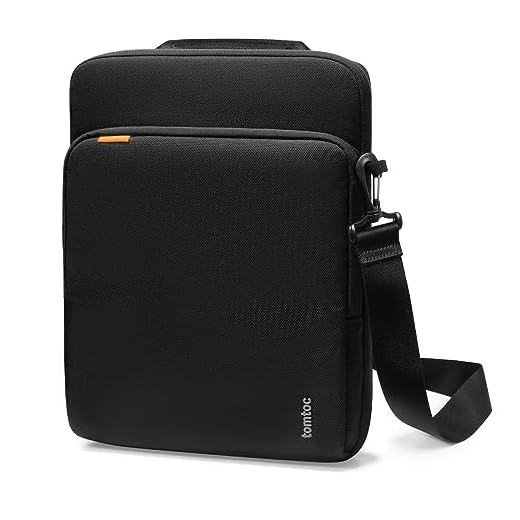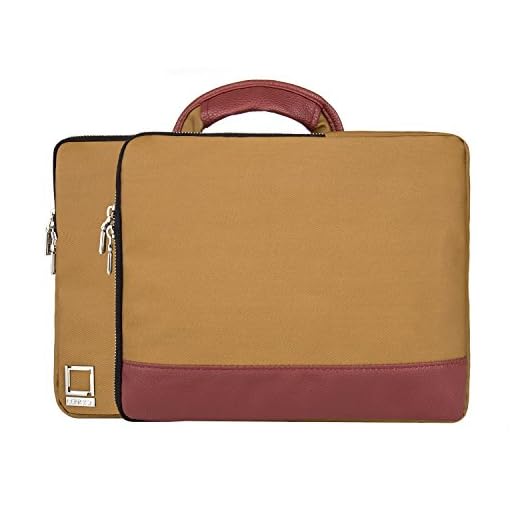

Storing your e-reader in your checked bags is generally not recommended. Most airlines advise keeping valuable electronic devices with you in the cabin due to potential damage or loss. Items placed in the cargo hold face a higher risk of exposure to extreme temperatures, pressure changes, and mishandling during transit.
Battery safety is another critical factor. Lithium-ion batteries, commonly found in e-readers, can be a fire hazard under certain conditions. Airlines often have strict regulations regarding how these batteries are transported. By carrying your device on board, you can monitor it and ensure it’s properly powered down.
If you decide to check your e-reader, ensure it is securely packed. Use ample cushioning and avoid placing heavy items on top of it. However, the best practice remains to keep it in your cabin baggage whenever possible to minimize risks associated with travel.
Is it safe to store an e-reader in checked baggage?
Storing an e-reader in the cargo hold is generally discouraged due to the risks associated with lithium-ion batteries. These batteries, if damaged or improperly handled, can pose fire hazards. Airlines typically recommend carrying devices on board for this reason.
Battery Safety Guidelines
Ensure the battery is fully charged but not overloaded before travel. Most airlines have specific guidelines on maximum battery watt-hour ratings, so it’s wise to confirm these with your carrier.
Preventing Damage
For added protection, secure your device in a padded case and place it in your carry-on, where it’s more likely to be handled carefully. If you must check it, keep it in its original packaging to minimize the chance of physical damage.
Understanding airline regulations for electronic devices
It is advisable to keep personal electronics in your carry-on bag. Most airlines require passengers to have devices like e-readers easily accessible during security checks. Ensure that devices are charged, as some security personnel may request you to power them on.
Check the specific regulations of your airline, as policies can vary significantly. The Transportation Security Administration (TSA) and similar agencies in other countries often have guidelines on the types of electronics that can be included in your personal item or cabin baggage.
Be mindful of battery restrictions. Devices with lithium batteries are generally permitted in cabin bags; however, large quantities or spare batteries may be subject to special regulations. Consider limiting the number of spare batteries you bring.
For international travel, review regulations of both the departing and arriving countries. Some regions may enforce stricter rules on electronic devices due to security considerations. It’s prudent to familiarize yourself with these policies to avoid potential issues.
Finally, ensure your electronics are securely stored to prevent damage during transit. Use protective cases and avoid placing heavy items on top of them in your carry-on. Following these guidelines will contribute to a smoother travel experience with your electronic devices.
Risks of Storing Electronic Reading Devices in Hold Baggage
Secure storage of portable reading devices in the hold is not advisable due to several substantial risks. First, exposure to extreme temperatures and pressure variations can damage internal components and battery functionality.
Additionally, mishandling of checked bags by airline personnel can result in physical damage. Bumps, drops, or crushes may render the device inoperable. Theft is another concern, as checked items are more vulnerable to being pilfered.
Moreover, lithium-ion batteries pose a significant risk if damaged or short-circuited. This type of battery can potentially catch fire or explode under certain conditions, making it dangerous to keep such items in the aircraft’s cargo hold.
Travelers should consider carrying their devices in carry-on bags to mitigate these risks. Enhanced protection, including padded cases or sleeves, is recommended for further safeguarding during transit.
| Risk | Description |
|---|---|
| Temperature Damage | Devices may malfunction due to extreme heat or cold in cargo bays. |
| Physical Damage | Checked baggage may experience rough handling, leading to potential breakage. |
| Theft | Higher risk of theft when items are not in passenger possession. |
| Battery Hazards | Damaged lithium-ion batteries can cause fires or explosions. |
For travel planning, it’s wise to consider other important items, such as the best umbrella for sporting events, to ensure preparedness for varying conditions while on the go.
Take into account safe practices regarding other electronic gear too, just like understanding how to inflate tires with an air compressor for road trips. Careful handling of electronics greatly contributes to a more enjoyable travel experience.
How to safely pack your Kindle for travel
Use a padded case or sleeve to protect your e-reader from impacts and scratches. Look for options designed specifically for your device model to ensure a snug fit.
Remove any accessories, such as external lights or bookmarks, that may become loose during transit. Store these items separately to avoid damaging the device.
Place the e-reader in an interior compartment of your travel bag, avoiding outer pockets where it may be exposed to bumps or pressure. If available, utilize a dedicated electronics pouch to add an extra layer of protection.
Consider placing soft items, like clothing or a towel, around the device to cushion it further. This method can help mitigate shock during handling or if other bags are stacked on top.
Always ensure the device is powered off before securing it in your travel gear. This reduces the risk of accidental screen activation or battery drain.
If traveling internationally, ensure your device is charged and functional for any security checks that may require it to be powered on.
Opt for a travel bag that complies with airline regulations for electronic devices, allowing easier access when required. This can prevent the need to uproot your packing setup during inspections.
Alternatives to checked luggage for your Kindle
Travelers should consider carrying electronic reading devices in their personal items rather than baggage. This ensures easy access and minimizes potential damage.
- Crossover bag: A small backpack or crossover bag allows for secure transport while keeping items readily available during the trip.
- Tablet sleeve: Invest in a padded sleeve designed to protect electronic devices. This extra layer of cushioning is beneficial when placing inside a larger bag.
- Front pocket system: Many bags offer front pockets specifically for electronics. These compartments make retrieval simple at security checks.
- Clear plastic case: Use a transparent case for quick visibility of contents, facilitating compliance with security protocols.
Keeping your device close reduces the risk of loss, theft, or damage, providing peace of mind during travel.
Utilize a charging bank to maintain battery life, essential for prolonged trips, especially where access to power sources might be limited.
For longer flights, consider using a lightweight e-reader cover that doubles as a stand, enhancing comfort while reading.
What to do if your e-reader is damaged during travel
If your e-reader suffers damage while traveling, immediately assess the extent of the issue. Check for visible cracks, screen malfunction, or issues with the casing. If the device appears operational, attempt to power it on and verify that your content is intact.
Contact Customer Support
<p Reach out to the manufacturer's customer service as soon as possible. They can guide you through troubleshooting steps or discuss repair and replacement options. Have your purchase receipt and warranty information handy to expedite the process.
File an Insurance Claim
If you have travel insurance, review your policy for coverage regarding electronic devices. Document the damage with photographs and provide details as required by your insurance provider. This may facilitate a claim for repairs or replacement.
Keep any damaged items, including the packaging, if applicable. This can assist in validation of your claim. Follow the insurer’s procedures closely and submit all necessary documentation promptly.







